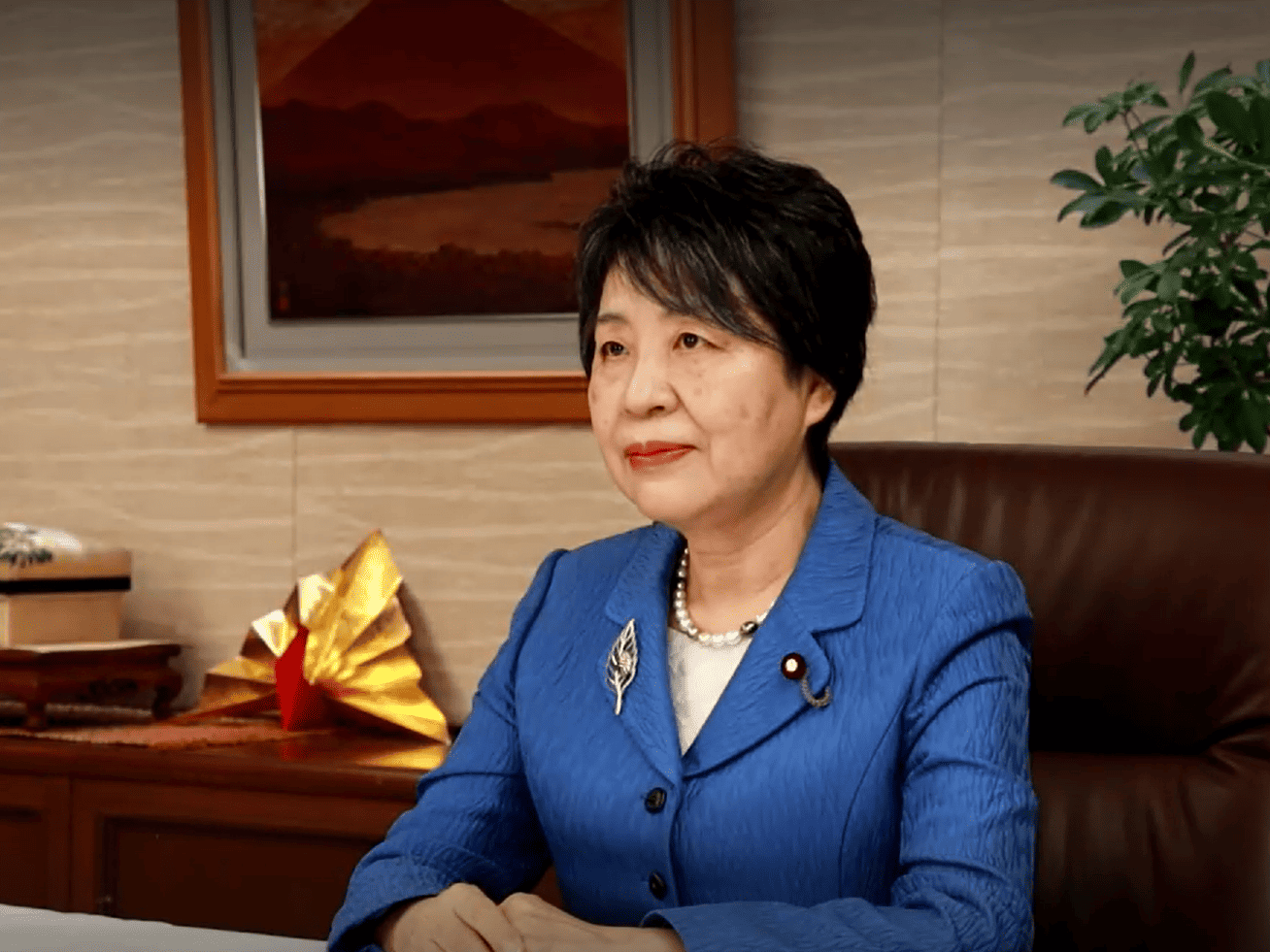Japan’s Foreign Minister, Yoko Kamikawa is arranging a visit to Fiji in the first half of February to attend a ministerial meeting with Pacific island countries and territories, diplomatic sources have said, in an apparent effort to counter China’s expanding clout in the region.
Kamikawa is expected to highlight the importance of a free and open Indo-Pacific based on the rule of law during her envisaged trip, bearing in mind Beijing’s maritime assertiveness and growing economic influence in the area, the sources said Friday.
Her envisaged trip comes ahead of a regional summit Japan plans to host with leaders of Pacific island countries and territories this summer in Tokyo.
In reference to the 10th Pacific Islands Leaders Meeting, Kamikawa said at a news conference Friday that the “geopolitical importance of the Pacific islands is increasing.” She described boosting relations with them as “one of this year’s top priorities” for Japan.
Japan has hosted the summit with Pacific islands leaders every three years since 1997.
China, meanwhile, has vied for influence in the region, through loans and development assistance for infrastructure projects. The Solomon Islands has drawn closer to China in recent years, after the two signed in 2022 a bilateral security pact.
Kamikawa is also expected to strengthen Japan’s ties with developing and emerging countries collectively called the Global South, including Pacific island nations, the sources said.
At the upcoming ministerial meeting, representatives from Japan as well as 18 countries and territories of the wider region, including Oceanic countries like Australia and New Zealand, will focus on issues such as maritime security, climate change and preparations for natural disasters, the sources said.
On the sidelines, Kamikawa is considering holding bilateral talks with her counterparts from other participating members and making side trips to some of the Pacific island states, the sources added.
The foreign minister is also likely to explain the safety of the release of treated radioactive wastewater from Japan’s crippled Fukushima No. 1 nuclear power plant into the Pacific, according to the sources.
China has fiercely opposed the release, while some Pacific Island nations, including the Solomon Islands, have either criticised Japan or aired concerns over the water discharge, calling it a potential threat to human health and environment.
